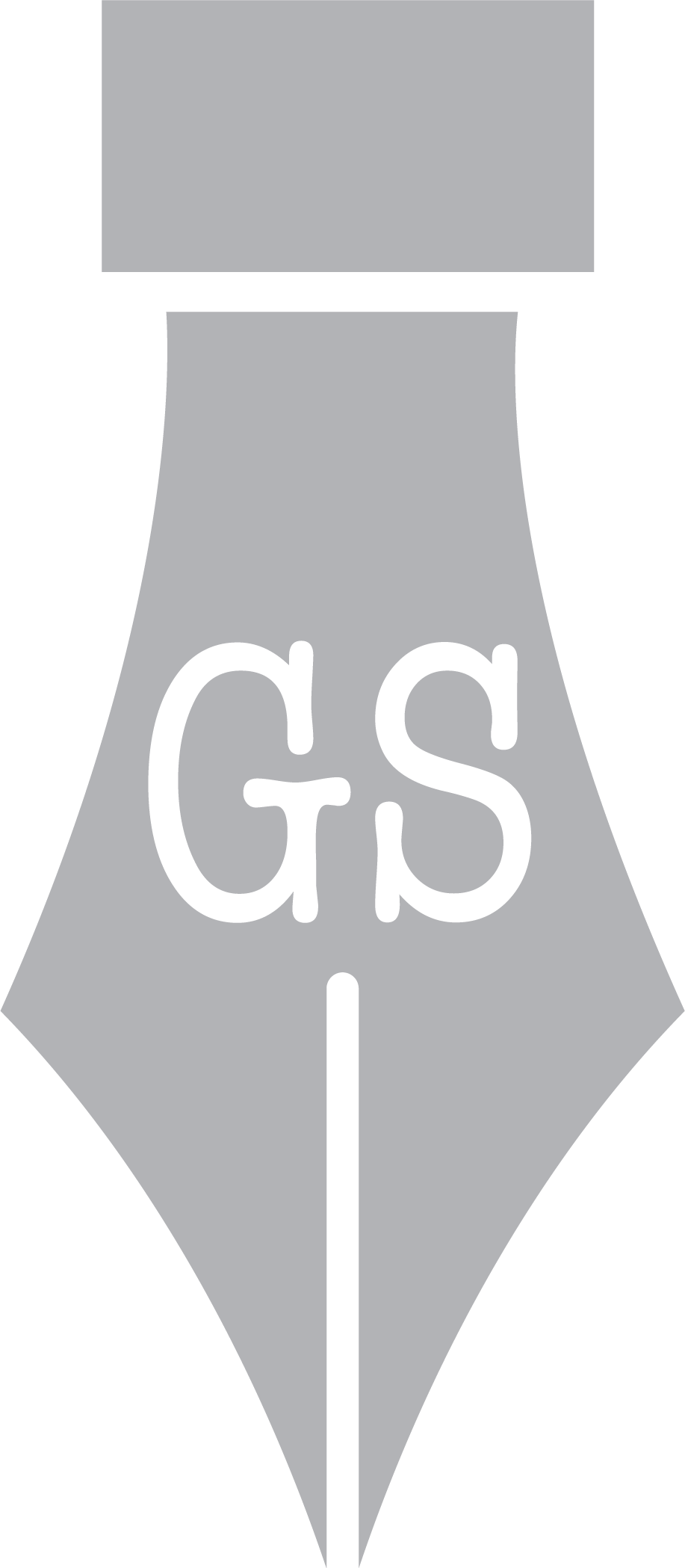My eclectic tastes in reading material are autobiographical. I am what I read, product of a mixed diet, mindfully imbalanced. My posts won’t be literary judgments so much as reflections on self and previous readings and whether there might be sustenance anew.
Burning Boy caught my attention because when an author of modernist cred like Paul Auster, whom I follow, devotes nearly 900p. in his first literary biography, where are we going? His subject, Stephen Crane, was a staple of high-school English lo those many years, now fallen out of circulation. Red Badge of Courage, folks. That was more like 9th grade in my public school, given that I was on the Honors track thereafter and have insufficient memory of our reading lists per se, loaded as they were with the supposed bigger fish. I do recall that I read and wrote about Great Gatsby every year when I got to choose for myself. Not chintzy.
My best English teacher was a crank, Mrs. Nelson, who nipped from a Thermos of gin, literary libation, and handed out a mimeograph of recommended novels that, essentially, were all those censored in American high schools since 1900. They are the most influential, she argued. Prospect there. I have held onto her recommendations ever since. I can also say that much of my high school resembled Maggie’s Bowery, see below.
Soon enough, I came to the belief that decadent novels might prove the right college major for me, so at UC Irvine— a budding literary powerhouse—I took my first upper-division Lit course in spring 1973 from Professor Frank Lentricchia titled Naturalism in American Fiction. FL, by the way, would rise to eminence and controversy in literary circles himself, later helping to elevate Duke from mid-standings to premier status in that very culture-war field—Literary Theory. I imagine that’s where the seedlings of C.R.T. probably germinated. Funny, FL, as my academic advisor, suggested Duke for my graduate work, but that early, I shook it off as where all those baddies from Deliverance might have gone.
Our initial text in the Naturalism course was Maggie: A Girl from the Streets, self-published by Crane at 22, all of 72 p. (In elite programs, you read—or encounter—texts.) In Victorian terms of 1893, this length was like a burp. More radically, Maggie did not explicate motive or wrestle in the narrator’s voice with moral meanings, it simply laid out the happenings bare in impressionistic scenes, rendered in slang dialogue. The protagonist, if you will, was a prostitute, driven to her early death by malign forces of society, family, and place.
How Maggie actually died—murder or suicide—wasn’t presented. Back when, prostitutes weren’t central characters in proper literature, which was mostly read by well-bred women. For a classic like Sister Carrie in brown covers no less, that’d be another seven years. Crane came out of nowhere, a wild child with this News (in Ezra Pound’s perennial sense) that surpassed rank journalism with color and flair and tangy whiff of the lowdown. Today, in Maggie we detect a forerunner of Hemingway (who always pointed to Huckleberry Finn as his exemplar of modern fiction’s vernacular) and the fleet model for screenplay writing overall.
So, 50 years on, I’ve gone back to re-read Maggie, still a jolt within its historical context and a strong link to hard-boiled fiction of the mid-20c. I’ve sampled sections of Burning Boy, stoutly Victorian in length, in search of Paul Auster as much as Crane. There’s his obsession in this long reckoning and I bargained for a double feature—insights into both author and subject. It’s there. In Auster’s quest to resurrect an origin artist like Crane, he’s confessing and comparing.
Look, at 900p., for a writer dead at 28, I had to ration myself. My personal limit per text runs about 400 p. these days. It’s my own age. Burning Boy would have to delve into, say, five edgy novelists for all the mental ardor required and I have too many other things to tantalize me. I wouldn’t read my own bio much beyond 400p., a sound moderation even were surprises to turn up.
–G–

